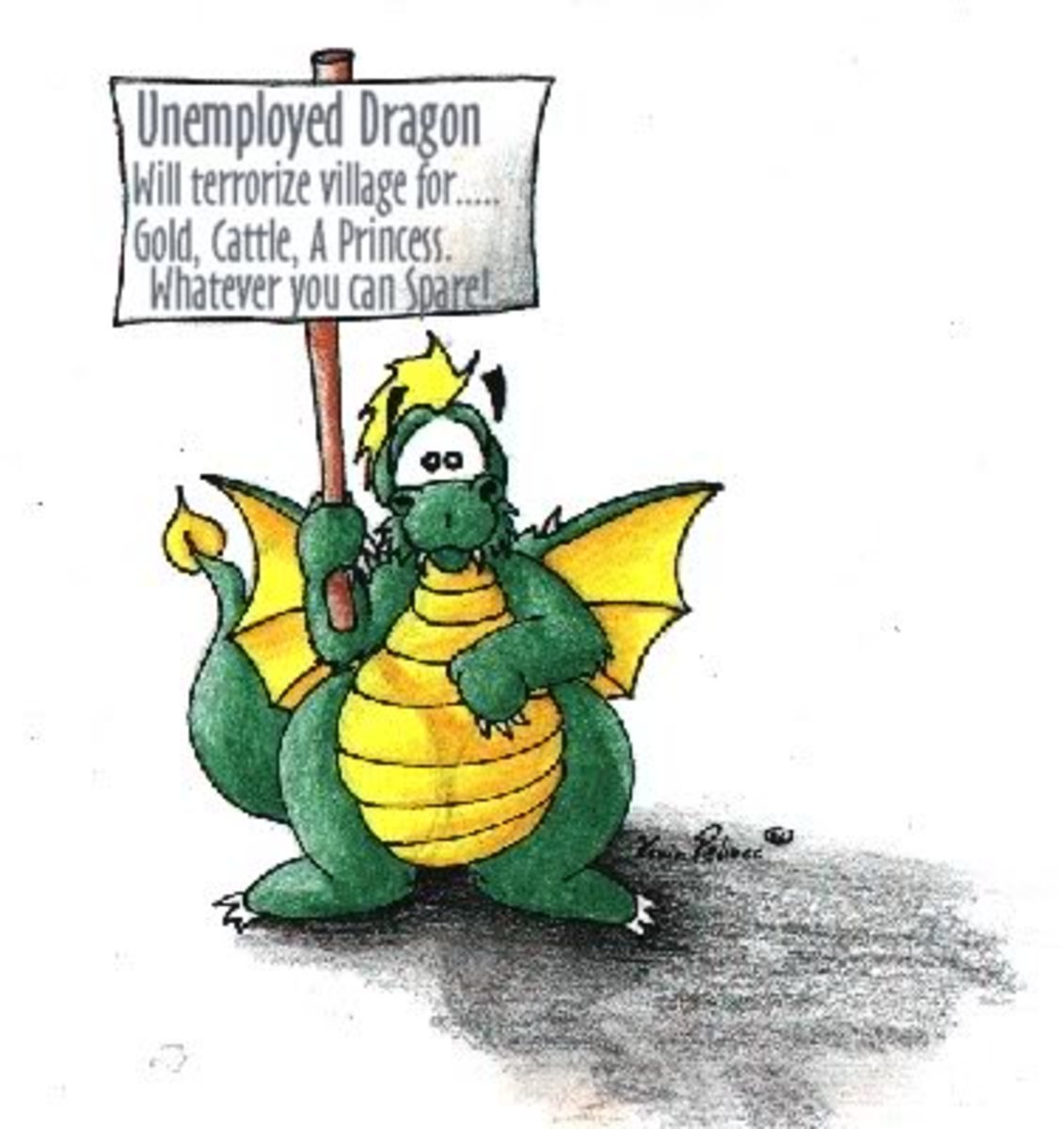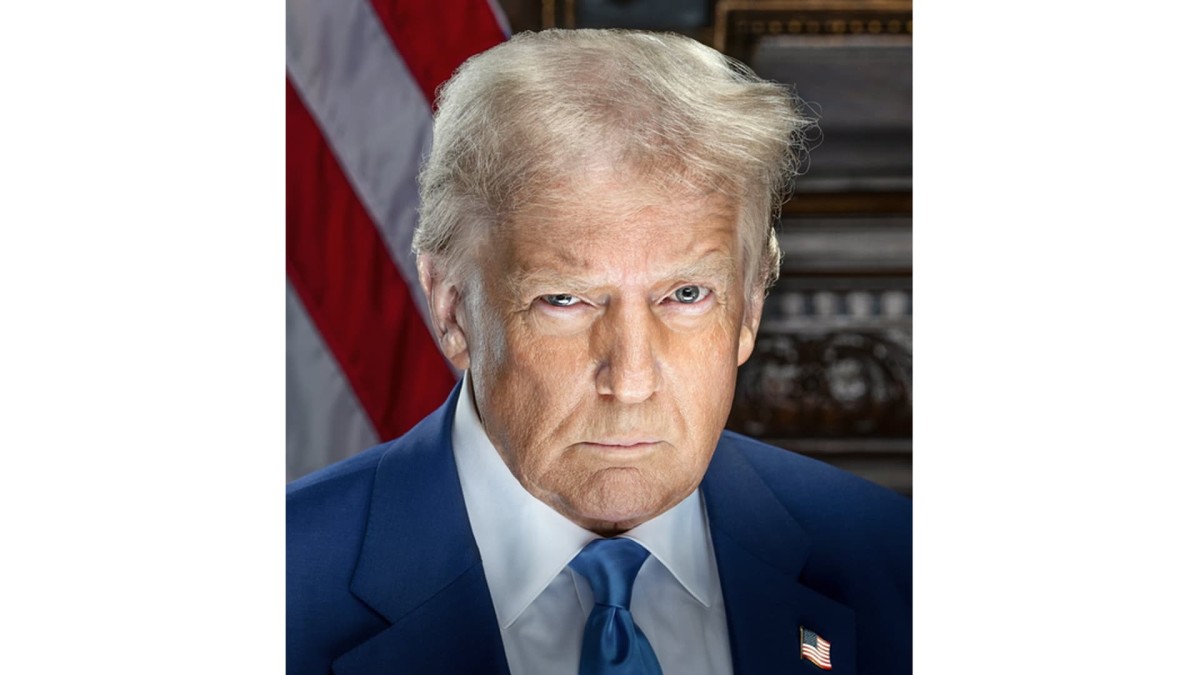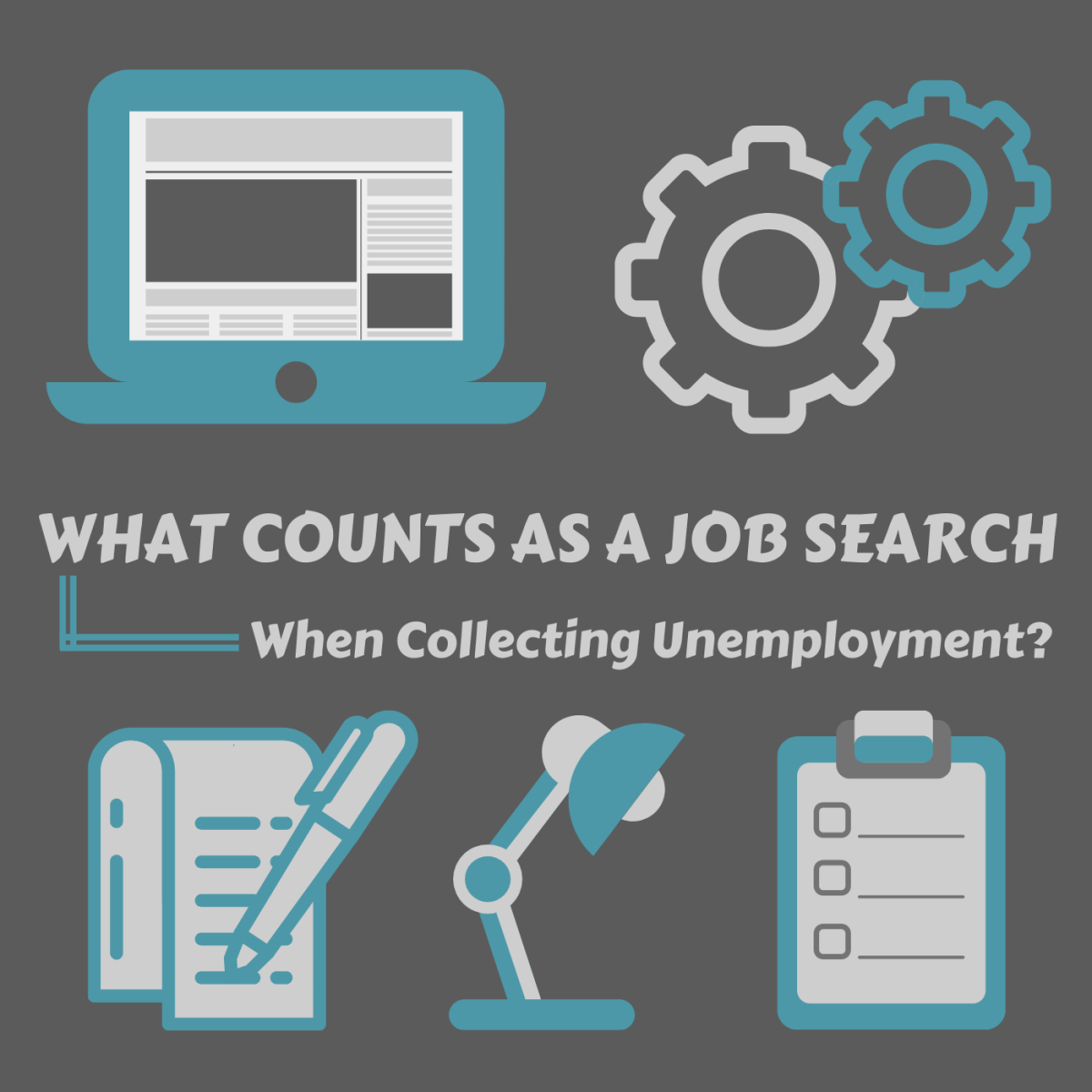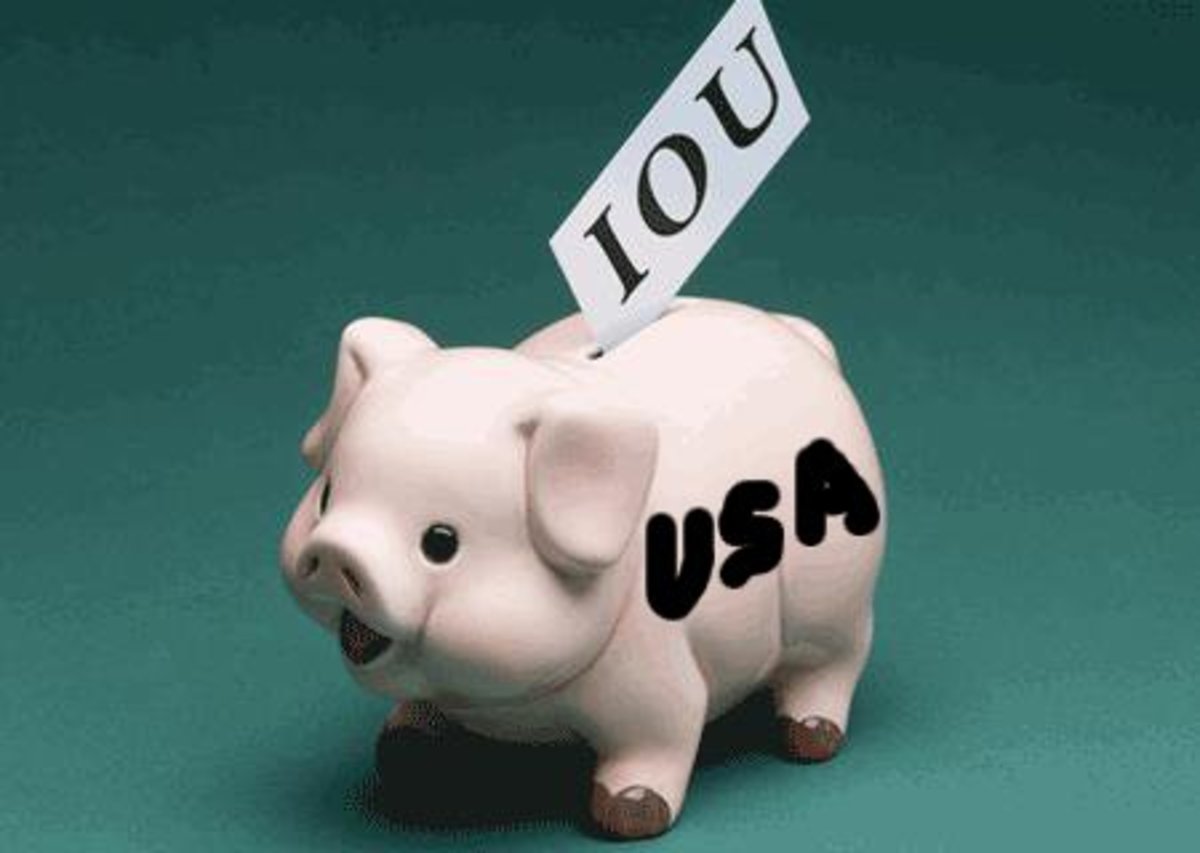Will Ending Unemployment Benefits Hurt the American Economy? .. You Betcha'! The HURT Clock - $18.8 BILLION!! [227*11]
THEY DIDN'T DO IT
1/15/2014: YESTERDAY, CONSERVATIVES KILLED THE ATTEMPT to restart the emergency unemployment insurance. They say it will save the "taxpayers" $25.5 billion over the next 12 months. Unfortunately, as any economists knows, that is a flat-out lie; it won't save us a dime. Instead, it is going to cost the American taxpayer over the long-run and I am going to start counting how much with my HURT CLOCK; it started ticking Dec 28, 2013 when the benefits ran out to the tune of $55 million a day! If you are a small business, get ready to suck it in because you have been kicked in the you know where. If you are one of these unemployed who have or will lose your insurance, you have my heart-felt apologies for what you are about to suffer through.
1/22/14: Today I learned that the number who have lost their unemployment benefits has risen to 1.6 million and is growing by 70,000 a week. One anecdote ought to warm the cockles of the hearts who oppose extending the benefits is the story of one women who found a way to make ends meet ... lower the temperature of her home to 50 degrees.
2/3/14: IF YOU ARE A SMALL BUSINESS OWNER, today marks the point where Conservatives have cost you $2 Billion in Sales. How do like them apples? Felling the heat yet; if not, you will.
AND, HOW ABOUT YOU LONG-TERM UNEMPLOYED? I know you have to be feeling the pain of having your legs cut out from under you while understanding at the same time the Conservatives are purposefully adding insult to injury because THEY KNOW employers aren't hiring the long-term unemployed. Why do Conservatives hate you so much and it you are Conservative, why do you keep voting for them?
2/18/14: THE STATES GET HURT TO, DID YOU KNOW THAT? That is because, for those that charge it, they don't collect it. My state, Florida, has 7.5% in State and local sates tax, but not on most foods. In total, then, and picking a conservative 3% figure, cutting off these needed funds where AT MOST one-third of them MIGHT be able to replace the lost income with jobs, the states and local governments (and this includes the Conservative States who applauded this decision and miserly unemployment insurance programs like Florida does) receive a double whammy by losing a combined $.1 billion in sales taxes along with similar amounts of forgone income taxes from the businesses who lost the sales PLUS the support costs of these people forced deeper into the welfare system. Further, the Federal Government lost revenues equivalent to the marginal tax rate on the businesses where this $2.9 billion wasn't spent so far; and it will keep growing as long as long as the Republicans keep voting No and there aren't jobs these people can fill.. Yep, America was well served by this political ploy.
2/26/14; Well, we slipped by $3.3 billion of national hurt and embarrassment. It sort of puts a lie to the Right-wings belief that there is a job available for every one that is looking for one if you simply cut off their benefits. Why hasn't the number employed skyrocketed; it should have if they were correct?
Oh My!! It Is $10 Billion in Lost Revenues for Small Business and Still Counting!
6/24/2014: ADD THAT TO THE $16 BILLION THE CONSERVATIVES COST US WITH THE GOVERNMENT SHUTDOWN and we are almost up to real money at $26 Billion suck out of the economy in the name of ... invigorating the economy and creating jobs; yeah right. As the saying goes, if you believe that, I have a bridge to sell you.
CBO Reports Deficit to Top $500 B, Up From April Estimate of $492 B
8/30/2014: The CBO just revised its FY 14 federal deficit report stating it now estimates the year will close out with a $506 B deficit rather than the $492 B it came up with last April. I wonder how much the Sequestration, the $16 B in lost sales from the government shut down, and the $13.7 B in lost sales from the cancelled extended unemployment benefits. Let's see, ~$30 B @ 15% effective tax rate equals $4.5 B plus Sequestration. How about them apples?
The Count Has Stopped
12/31/2014: WITH THE LAST UNEMPLOYMENT REPORT THE UE RATE stands at 5.6%. At this rate, the country is in the range of full-employment, although the percent of non-voluntary part-time status is still higher than normal. Also, the rate of long-term unemployed, what this hub is about, is also higher than normal. Having said that, I believe the impact of the Conservative's ridiculous action is now in the noise; it is still there but much less than the $58M/day.
Consequently, this will be the last update at $18.8B lost to the economy. That is $18.8B that did not flow through various company's cash registers to be used to pay additional employees, buy more inventory from other businesses. pay additional taxes (along with the personal taxes from the employees), and the like. Conservatives talk about wanting to improving the economy, creating jobs, and helping America and Americans. Well, they have a funny way of showing it with a total loss of $32.8B between shutting down the government and shutting off extended unemployment benefits.
FOR STARTERS, GDP WILL DECLINE 0.15 PERCENTAGE POINTS ... AND THEN FALL FURTHER
THAT IS ACCORDING TO MARK ZANDI, chief economist of Moody's Analytics. Why is it going to decline? Because Conservatives saw fit to let the extension of UI benefits expire on December 28, 2013 for 1,300,000 Americans. While the chances look OK for passage of a three month, $6.4 billion extension in the Senate, it will probably fail in the House; the reason is Democrats don't want to agree to Conservative requirements to defund other social programs or the military by the same amount.
In this hub, I would like to take a moment and examine some of the fundamental economic truths about unemployment insurance.

IT WAS OK TO SHUT DOWN THE GOVERNMENT TO THE TO THE TUNE OF $16 B
BUT IT IS NOT OK TO SPEND $6 B ON AMERICANS OUT OF WORK. Frankly, I simply cannot understand that mindset; both are designed to bring down the U.S. economy. Well, maybe I can for destroying the economy will supposedly make President Obama look bad, and that is the political objective, the only political objective of this Conservative Party.
As the battle lines are drawn in Congress, the Senate found six Republicans willing to let the proposal go to debate (which surprised most everybody), the positions of each side are being articulated. The Conservatives say these are their main concern:
- The resumption (it is no longer an extension) of benefits must be paid for
- Paying people not to work disincentivizes them from finding work.
- Unemployment benefits use money that the private sector could use in creating jobs
Before addressing these, let me note that as mentioned earlier, the current lack of action by Congress will cause a small decline in GDP, but that is just for starters. It would be unnoticeable in a normal economy but very dangerous in the kind of sluggish one we have today. Next month, however, when the number of Americans who are about to go broke increases because they still can't find work, the economy will take a larger hit. It will do so again the next month, and then next; its impact becoming ever more severe as the months roll on. But why would the economy do so poorly when the government allegedly saves money?
Well, according to the Center on Budget Policy Priorities the national average for UI is $300 per week; doing a little math, that means that starting Dec 28, 2013, when 1.3 million lose their lifeline, local businesses will lose $390 million each and every week - why do I say local businesses; because virtually 100% of UI is spent locally. This will continue for about a month and then increase another 350,000, or an additional $105 million. After that, yet another 260,000 Americans lose their benefits, and then, in the final month of the quarter, 280,000 ... for total of 2.2 million unemployed losing their ability to feed and house themselves or their families. That amounts to nearly $1 Billion a week!!!
By comparison, the Federal shutdown sponsored by Conservatives last October cost business roughly $8 billion for the 16 days it was shut down and about $16 billion overall after residual effects are taken into account for the following 45 days for a total of about 60 days. The loss to business for the same time period because of this latest Congressional inaction is $3 billion or so.
RESUMING EXTENDED UI MUST BE PAID FOR
WITH THAT AS BACKGROUND, CONSIDER THE FIRST Conservative argument that the $6.4 billion for the 3-month extension benefit by reductions elsewhere in the budget. The implication of this demand, of course, is that this 100% of this money is a total loss, never to be recovered in any form by the economy or government and will simply be passed on lock,stock, and barrel to the National Debt and budget deficit. My first question, obviously, is why didn't they have the same concern when they shut down the government; why are they being so hypocritical??
But my real question to these politicians, pundits, and their army of believers is "what do think actually happens to that $6.4 billion?" Do the unemployed eat it or put it down the garbage disposal? No, of course not ... they spend it, almost every dime of it. That is a $6.4 billion infusion of cash into the local economies of the localities hardest hit by high unemployment! That is what happens to it. So why do Conservatives not want small businesses to receive this money? I haven't a clue, but receive it they will; and what do these businesses do with the money? Why they pay salaries with it, they buy goods and services with it, and they pay taxes into local, state, and federal coffers with it, potentially, they create jobs with it; and Conservatives appear to be against all of that. Go figure.
PAYING PEOPLE NOT TO WORK IS A DISINCENTIVE FOR THEM TO FIND A JOB
THIS SECOND CONSERVATIVE ARGUMENT IS widespread ... and wrong, even though they site authoritative sources to support their contention. They frequently use out-of-context quotes from both liberal and conservative thinkers provide support. They also use the results of studies done by the Federal Reserve of San Francisco and the National Bureau of Economic Research (NBER) that "proves" their thesis but citing the combined results that extending benefits has resulted in 600,000 not finding jobs and extended the average time a person stayed on unemployment.
Well since the NBER is one of my favorite sources for information, I went and found the report being referred to. Sure enough, the "headline" was "extended benefits slightly increase the time one stays on unemployment". It looks like that is as far as the commentators read (a favorite tactic of commentators, bloggers, pundits, news reporters, and the like, for both the Left and the Right). If you read the report just a little further you would have found that the reason people stay on unemployment longer ISN'T because they aren't finding jobs ... that rate didn't change ... it was because they didn't drop out of the work force! That is a HUGE difference in perception, don't you think?
You see, unemployment is made up of those actively looking for work. Those who have stopped looking aren't counted. As a consequence, if the benefits aren't restored, then the February jobless report is going to show unemployment under 7% for the first time since Obama took office and will be a big political plus for the Democrats. Isn't that ironic, lol.
There is another logical flaw in this Conservative position. In this case, we will take their argument to its logical conclusion, so let's think about that a second. There are roughly 10.9 million unemployed and 3.9 million jobs available, according the Bureau of Labor Statistics. Let's assume for the moment that all 3.9 million jobs are miraculously filled. Doesn't this leave 6 million still unemployed with NO POSSIBILITY of finding work? So my next question is ... "how does Conservative philosophy work in that situation?"
CREATING JOBS
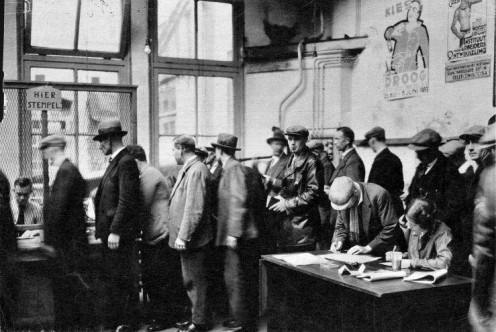
UI BENEFITS USE MONEY THAT THE PRIVATE SECTOR COULD USE TO CREATE JOBS
THIS IS THE THIRD REASON I HAVE READ OR HEARD in defense of not resuming UI benefits. This is the weakest and most counter-intuitive of Conservative reasons for forcing people into welfare. I have already made a case that providing extended benefits has the potential of creating job in its own right. However, let's consider how not paying the benefits might create jobs.
The way business creates job is increasing their investment in on-going or new businesses. To do that, they need a few things, 1) the availability of money, 2) the expectation of growing demand, and 3) a stable economic environment. What does NOT spending $6.4 billion dollars in three months or $25.4 billion in a year accomplish in a $3.8 trillion budget, of which $744 billion must be borrowed (added to the national debt). Theoretically, not spending the $25 billion, will reduce the deficit to $719 billion.
In theoretical economics, there is a relationship between government savings (when it is negative, it is called a deficit) and private investment. In theory, if the deficit goes down, then, in the long run, investment goes up; which would imply job creation as a result. The problem is, as it always is, it is not that simple. Also involved in the this relationship is the private savings rate, government investment, and something called the current account balance (which involves exports and imports). So, the only time that it is possible to tell if lowering the deficit actually increases jobs is if all of the other factors remain constant, don't you see.
Further, taking $25 billion out of the economy is more likely to decrease job growth (ironically while the unemployment rate decreases) and not increase it. As a consequence, any job growth that may theoretically occur due to a small decrease in the deficit is far outweighed by by the known decline in GDP and the job losses that normally follow such a drop.
WRAPPING IT UP
AS I HAVE TRIED TO MAKE CLEAR IN MANY of my other Hubs, it is conservative economic and social philosophy, not Conservatives per se, that warps reality in order to obtain an unobtainable principled goal. I drives their believe that by and large, if you don't have a job, you are lazy because there is always a job to be found (not true of course); that virtually all individual problems caused for external reasons are to be solved by the individual, their family and friends, and church;, but not the government, never the government; that a penny spent by the government is a penny wasted which could be put to better use by the private sector, forgetting, of course, the multitudes of Enron's and Worldcom's as well as the 5 to 8 out of 10 businesses that fail within 18 months to four years (depending on which source you look at).
Conservatives can't help but be conservative just as Liberals can't help being liberal, those world views are both genetic and environmentally ingrained in ones personality (I hve a few Hubs on that as well). Both, to their extreme, are bad for America, in my view, for they don't allow for what this country was founded on and what has made is survive for 200+ years, compromise of leaders. But, who is responsible for the actions of our leaders? We are, of course, you and I, whether you voted or not, put them their. And if you allow the extreme to take over one or both Parties, then you are responsible for destroying the American experiment. Today, that has happened with the Republican Party, to the extent there are only about 6 moderates left in the Senate. Voting dynamics has pushed the Democratic Party further to Left, but not nearly to such an extreme. (The Democrats use to be made up of a fairly balanced mixture of conservative, moderate, and liberal elements; over the last 20 years the conservative element has largely disappeared by either switching to the Republican Party or being beaten, largely by Tea Party Republicans in elections.)
The fight over unemployment benefits we see today is a foreseeable consequence of our votes. Fifteen or more years ago, this standoff would not have happened, a different type of Conservative was in the Republican Party, along with a healthy mixture of moderate and liberal Republicans (I was one of those). Almost all understood what the signers to the Constitution had in mind on how the government should operate in running this nation ... the art of compromise.
WHAT DO YOU THINK?
SHOULD THE UNEMPLOYMENT BENEFITS BE RE-EXTENDED?
DEMOGRAPHIC SURVEY #1
DO YOU CONSIDER YOURSELF POLITICALLY LEANING TO
DEMOGRAPHIC SURVEY #2
ARE YOU
RELATED LINKS
- Back From the Future - Conservatives Force Cut in Fo...
Congress failed to pass an agriculture bill,;the source of the Food Stamp program. As a consequence the Food Stamp program has been reduced by the amount it was increased to provide stimulus in 2009. - Types of Unemployment: Frictional, Cyclical and Stru...
There are different types of unemployment. Read this article to know about Frictional, Cyclical, Structural, Hidden and Seasonal Unemployment. - Myers-Briggs (Personality) Type Inventory (MBTI) - A...
The MBTI has always fascinated me because it is 1) pretty accurate and 2) very informative about who we think we are and how those perceptions of ourselves interact with others and their perceptions. - Do You Know Who You Really Are? Socialist, Liberal, ...
- Who has the better Employment and Job Growth Record?...
Conservatives are spending an extraordinary amount of money on trying to convince Independents that they know what they are doing when it comes to the econony, growing jobs, or reducing unemployment. Moderates and liberals, and, MOST IMPORTANTLY, HIS - Unemployment On The Way Up ... Or Is It? A Look Behi...
What is really behind the Unemployment Rate you hear both Parties ranting and raving about. I take a detailed look at what the UE rate is really all about in the hub including all the different ways of measuring it. - The Myth of Unemployment Numbers: How They Help or H...
Unemployment numbers come in many flavors and get bandied about a lot by the new media, pundits, and even worse, politians. What is behind the numbers? I take a look in this hub. - American History IV: Founded in Liberalism, Conserva...
Few people know that America was founded in the concepts of Liberalism, 17th and 18th century Liberal, Conservative and Socialist thought also played an important part in American history as well


